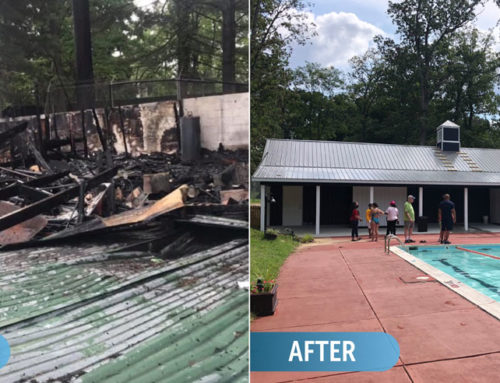Cleanliness and clarity are key factors in pool maintenance. Keeping a commercial pool in top shape is important, so it’s essential to have a certified pool operator or certified pool technician to check and maintain your pool.
Upkeep of a commercial pool requires many tasks, some of which can be dangerous. Water treatments use chemicals that need to be properly handled. Maintenance procedures should be left to pool maintenance services, either in-house or outsourced. These services are comprised of certified individuals who have received training and know how to monitor and maintain a commercial pool.
Find the right people
If you’re planning to have staff members become certified pool operators or technicians, look into the various classes that are offered in your area and figure out which courses are required. Remember to check with federal, state and county regulations to ensure that your employees receive the right training. For example, a pool operator’s certification may be required by the county, while Occupational Safety and Health Administration (OSHA) training for chemical handling is mandated by the federal government. OSHA is a very important part of training – it ensures safe chemical handling practices are being followed by all employees.
Though your certified pool operators will probably be handling the bulk of the maintenance work, you may want to consider getting certified as well. This will allow you to better understand the overall pool, water chemistry, potential dangers, safety precautions and much more. This way, if there’s ever a problem with your pool and none of the certified members of staff are on hand, you’ll be able to diagnose and possibly remedy the problem on your own.
Pass the work on
If in-house maintenance seems too overwhelming, you can outsource the work to a pool maintenance company. Experts will visit your pool frequently, do the necessary cleaning, check and balance your chemicals and examine your equipment for performance. Additionally, they can identify small repairs before they get costly and advise you on areas that may not be covered in certified pool operator courses, such as equipment care or efficiency upgrades.
Outsourcing the work will allow you more time to focus on guests. However, it’s not a bad idea to have some general knowledge on how the equipment works. Seeing the same experts on a frequent basis will allow you to form a working relationship where you’ll be able to ask questions. They’ll be familiar with your pool and can provide specific information, rather than general tips and advice.
Regardless of whether you choose to have in-house maintenance services or want to outsource the work, upkeep is essential. It’s delicate work that requires training and needs to be performed properly to ensure pool compliance.






